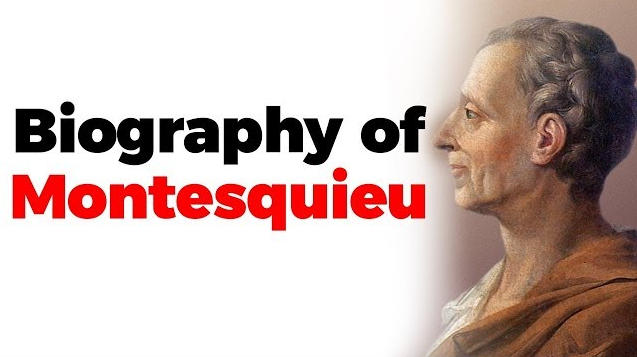Table of Contents
EARLY LIFE
- Charles-Louis de Secondat, Baron de La Brède and de Montesquieu, was born in the region of Bordeaux, France, on January 18, 1689, to a wealthy family, with maternal connections to the barony.
- His mother died when he was 7 years old, and at age 11, he was sent to the Oratorian Collège de Juilly near Paris to study literature, the sciences and other precepts of a classical education. He went on to take up law at the University of Bordeaux and began working in Paris after graduation.
CHANGE
- Montesquieu’s early life occurred at a time of significant governmental change. England had declared itself a constitutional monarchy in the wake of its Glorious Revolution (1688–89), and had joined with Scotland in the Union of 1707 to form the Kingdom of Great Britain.
- In France, the long-reigning Louis XIV died in 1715 and was succeeded by the five-year-old Louis XV. These national transformations had a great impact on Montesquieu; he would refer to them repeatedly in his work.
AUTHOR
- Montesquieu withdrew from the practice of law to devote himself to study and writing. He achieved literary success with the publication of his 1721 Persian Letters.
- He next published Considerations on the Causes of the Greatness of the Romans and their Decline (1734), considered by some scholars, among his three best known books.
- The Spirit of the Laws was originally published anonymously in 1748. The book quickly rose to influence political thought profoundly in Europe and America.
THE LEGEND
- The Catholic Church banned The Spirit– along with many of Montesquieu’s other works – in 1751 and included it on the Index of Prohibited Books.
- Montesquieu was also highly regarded in the British colonies in North America as a champion of liberty.
- He was troubled by poor eyesight, and was completely blind by the time he died from a high fever in 1755. He was buried in the Église Saint-Sulpice, Paris.


Biography Free PDF






















 WhatsApp
WhatsApp